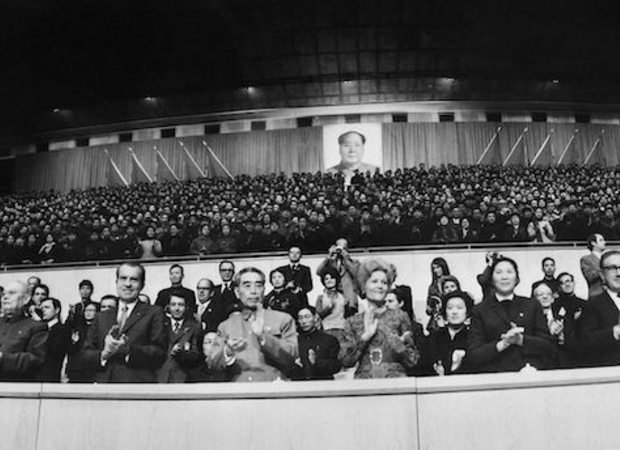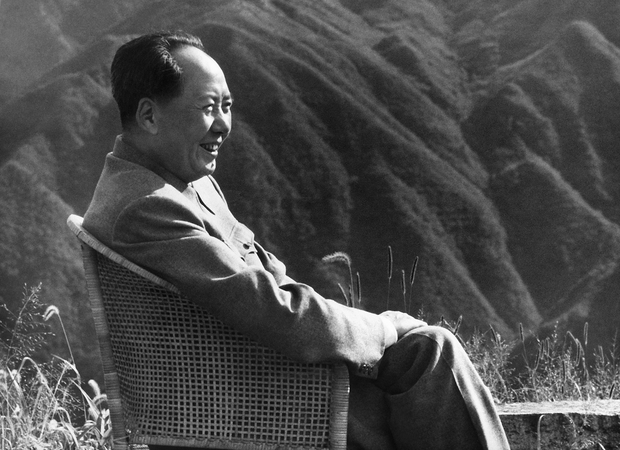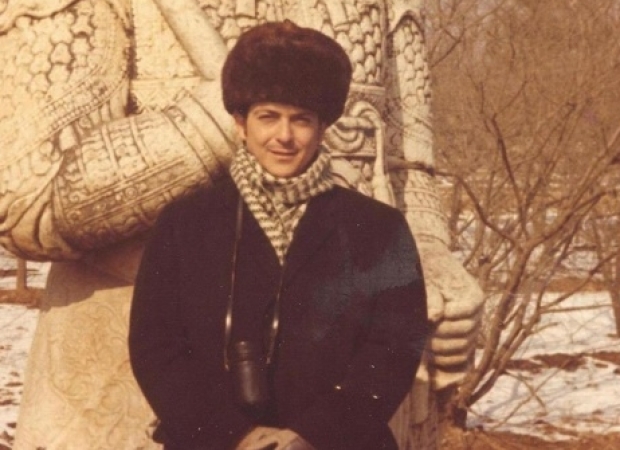
Fateful Triangle
Madan argues that China’s influence on the U.S.-India relationship is neither a recent nor a momentary phenomenon. Drawing on documents from India and the United States, she shows that American and Indian perceptions of and policy toward China significantly shaped U.S.-India relations in three crucial decades, from 1949 to 1979. Fateful Triangle updates our understanding of the diplomatic history of U.S.-India relations, highlighting China’s central role in it; reassesses the origins and practice of Indian foreign policy and nonalignment; and provides historical context for the interactions between the three countries.

Kissinger on Kissinger
As National Security Advisor to Richard Nixon, Henry Kissinger transformed America’s approach to diplomacy with China, the USSR, Vietnam, and the Middle East, laying the foundations for geopolitics as we know them today. Nearly 50 years later, escalating tensions between the U.S., China, and Russia are threatening a swift return to the same diplomatic game of tug-of-war that Kissinger played so masterfully. Kissinger on Kissinger is a series of faithfully transcribed interviews conducted by the elder statesman’s longtime associate, Winston Lord, which captures Kissinger’s thoughts on the specific challenges that he faced during his tenure as the National Security Agency, his general advice on leadership and international relations, and stunning portraits of the larger-than-life world leaders of the era. The result is a frank and well-informed overview of U.S. foreign policy in the first half of the 1970s.
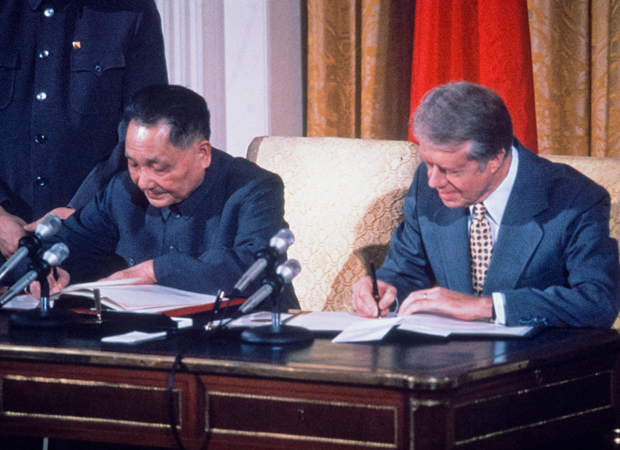
Normalization of Sino-American Relations: 40 Years Later
The spirited 2019 New Year’s speeches of Taiwan’s President Tsai Ing-wen and China’s President Xi Jinping have just reminded the world that, 40 years after the normalization of relations between the United States and China, the...
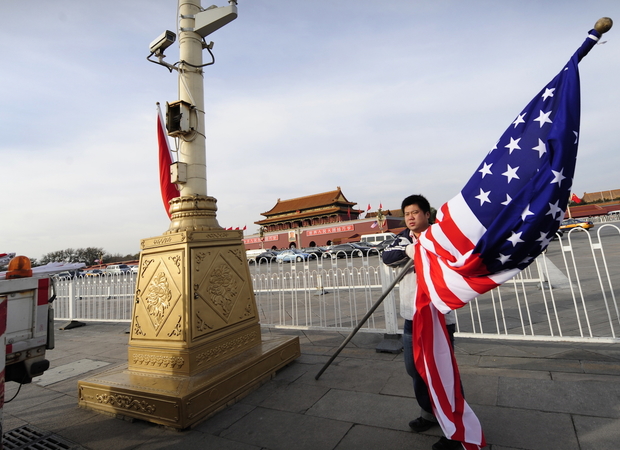
Is American Policy toward China Due for a ‘Reckoning’?
Former diplomats Kurt M. Campbell and Ely Ratner argue that United States policy toward China, in administrations of both parties, has relied in the past on a mistaken confidence in America’s ability to “mold China to the United States’ liking.”...
History Shows Beijing Won’t Budge an Inch on Taiwan
Trump might want to use the island as a bargaining chip—but for China, it’s a matter of principle

U.S.-China Relations As a Cycle of ‘Rapturous Enchantment’ and ‘Deep Disappointment’
from Asia BlogIn 1872, China’s imperial government began sending teenage boys to the United States to study science and technology. After a series of “humiliating” military defeats at the hands of technologically superior foreign powers, China’...
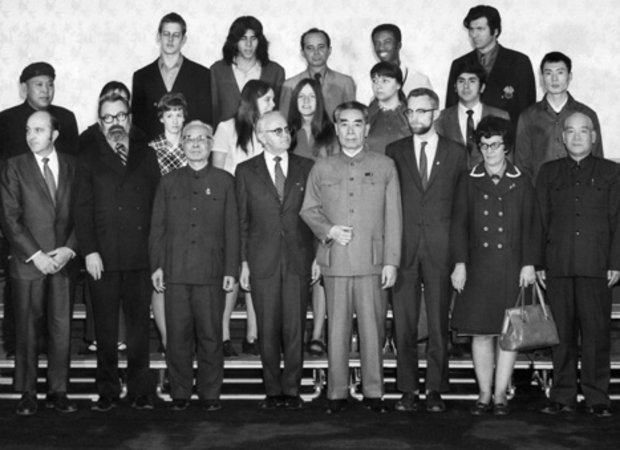
Paddling to Peking
from New York Review of BooksFor Richard Nixon’s foreign policy, 1971 was the best of years and the worst of years. He revealed his opening to China, but he connived at genocide in East Pakistan. Fortunately for him, the world marveled at the one, but was largely ignorant of...
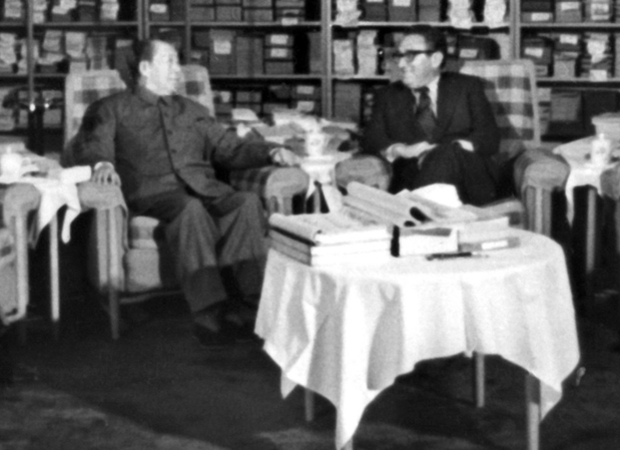
Mission to Mao
from New York Review of Books“This was the week that changed the world” was Richard Nixon’s summing up at the end of his trip to China in February 1972.1 The hyperbole was justified, for this visit to China by an American president was...
Talking with Mao: An Exchange
from New York Review of BooksIn response to:
Kissinger & the Emperor from the March 4, 1999 issue
To the Editors:
No China scholar has influenced my own thinking more than...




